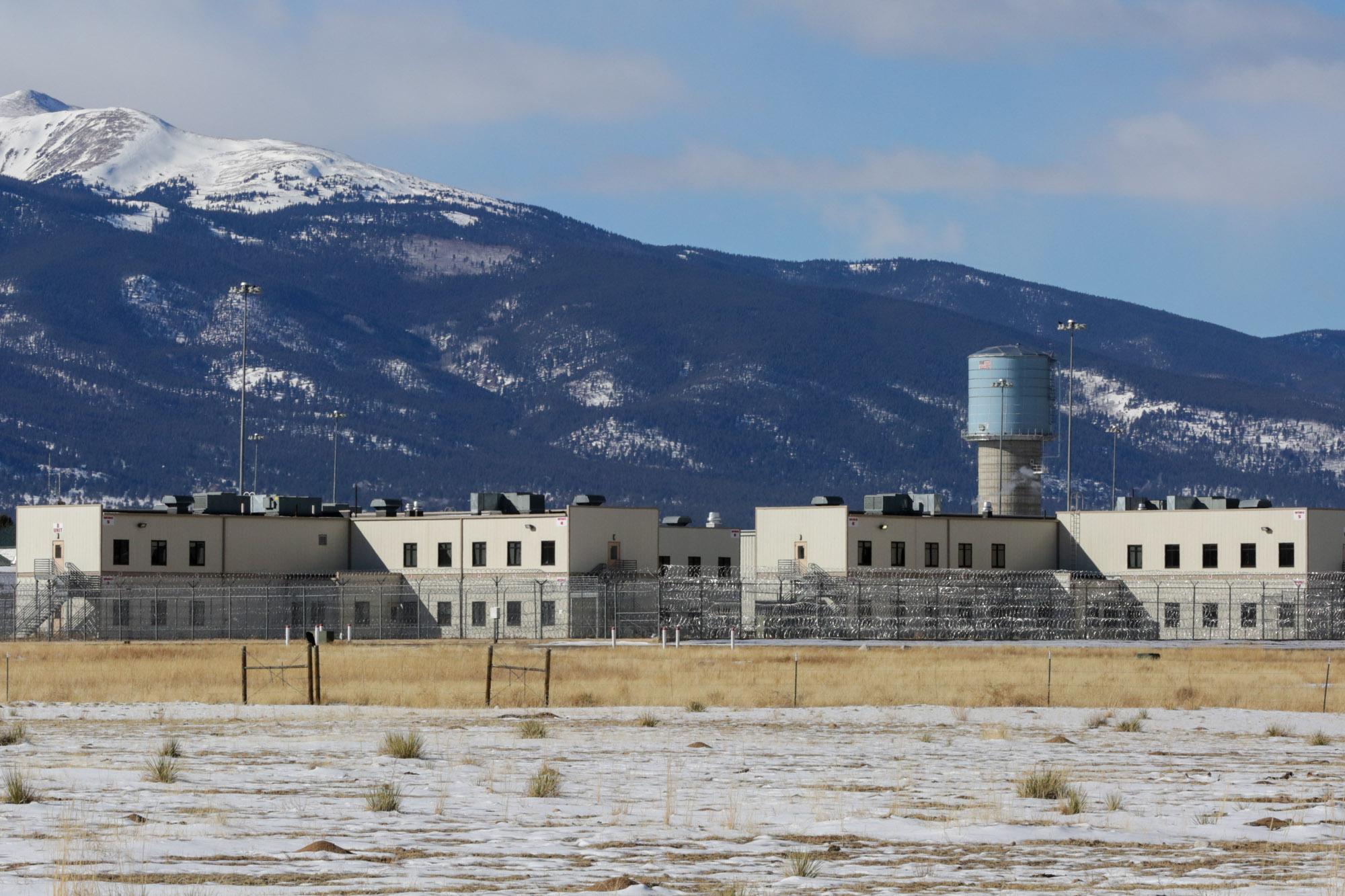
Under Prop. 128, people convicted of certain offenses would have to serve at least 85 percent of their sentence before becoming eligible for parole. That’s an increase from current law, which allows those inmates to apply to be considered for parole after they’ve served at least 75 percent of their sentence, or sooner if they’ve earned time off for good behavior.
The change would not apply to all crimes, but specifically to people convicted of violent crimes, including murder, sexual assault, aggravated robbery and serious cases of assault, such as kidnapping, arson and burglary.
Additionally, this initiative, if passed, would require anyone convicted of those crimes three times or more to serve their full sentence. In those cases, the chance for early release would go away altogether. Under current law, repeat offenders can still get some time off their sentence with good behavior.
Here’s the language you’ll see on your ballot:
“Shall there be a change to the Colorado Revised Statutes concerning parole eligibility for an offender convicted of certain crimes, and, in connection therewith, requiring an offender who is convicted of second degree murder; first degree assault; class 2 felony kidnapping; sexual assault; first degree arson; first degree burglary; or aggravated robbery committed on or after January 1, 2025, to serve 85 percent of the sentence imposed before being eligible for parole, and requiring an offender convicted of any such crime committed on or after January 1, 2025, who was previously convicted of any two crimes of violence, not just those crimes enumerated in this measure, to serve the full sentence imposed before beginning to serve parole?”
How would Proposition 128 work?
Prop. 128 would go into effect for new convictions starting Jan. 1, 2025, but would not change parole eligibility for anyone currently serving a sentence.
State analysts found that on average, around 220 people a year are sentenced to crimes covered by this change, and that they currently serve an average of 23 years in prison.
Because Prop 128 will mean longer sentences for some people, it’s expected to increase the prison budget somewhere between $12 and $28 million a year. However, given the length of these sentences, and the fact the law isn’t retroactive, those higher costs won’t start showing up for a couple of decades.
Who’s for Proposition 128?
Prop. 128 was introduced by Advance Colorado, described on its website as “an action-based organization focused on reversing radical policies that are harming the state and restoring common sense values and principles in Colorado.” The group is also behind Amendment 80 and Prop. 130.
“Basically, this is how we make sure that there's truth in sentencing,” said the group’s president, Michael Fields, in an interview with CPR News. “That when people get a sentence, we understand how long they're going to be in for and they're not getting out at half of that sentence.”

Fields said the goal isn’t to require people to serve 100 percent of the time they were given, but to limit how much time they could earn for good behavior to no more than 15 percent of their sentence.
“I think the average person would say the cost of keeping some of the worst violent criminals in jail for at least 85 percent of their sentence is worth that extra money, given our budget is over $40 billion at the state level,” he noted.
His reason for advocating for this initiative: “We need to make sure that we have a greater focus on public safety in the state. And so I think that would do this.”
Those in favor of the proposition include the Colorado District Attorney Council, as well as numerous state representatives and senators as well as city council persons and two mayors.
Who’s against Proposition 128?
Opponents to Prop. 128 include Working Families Party Colorado, Coloradans for Smart Justice, and the ACLU Colorado.
Opponents argue the change would raise prison costs while reducing the incentive for inmates to participate in things like education and work programs and mental health treatment. They also warn that longer sentences, with less ability to earn time off, could put the people who work at prisons at more risk too.
Working Families Organizing Director Katrice Traylor said the proposal runs counter to the purpose of serving time locked up which, she said, is “to rehabilitate so individuals can enter back into society as citizens. That's what it's meant to do. It's not meant to over-punish.”

Traylor also warns that the change could exacerbate racial inequities in the justice system. Research shows people of color are, on average, given disproportionately longer sentences than white offenders. Requiring them to serve more of their sentence before the chance of parole would compound that underlying unfairness.
“A lot of things that are put in place will inadvertently affect the Black and brown communities the most,” said Traylor.
Traylor also worries the criminal justice system may sentence people to the crimes covered by Prop. 128 without taking into account other factors, like mental health.
“Some folks who are caught doing violent things, they're simply in a mental break. This person needs a therapist, not longer sentencing on their time,” she said.
Coloradans for Smart Justice also gives the initiative a no, stating the measure would “extend prison sentences of elderly people who have already served long sentences, [who] have aged out of crime, and who the parole board considers safe for release.”
The group also argues the proposition undermines the authority of the parole board to determine when a prisoner is ready to be released and will unfairly punish people who’ve shown themselves to be good candidates to return home.









